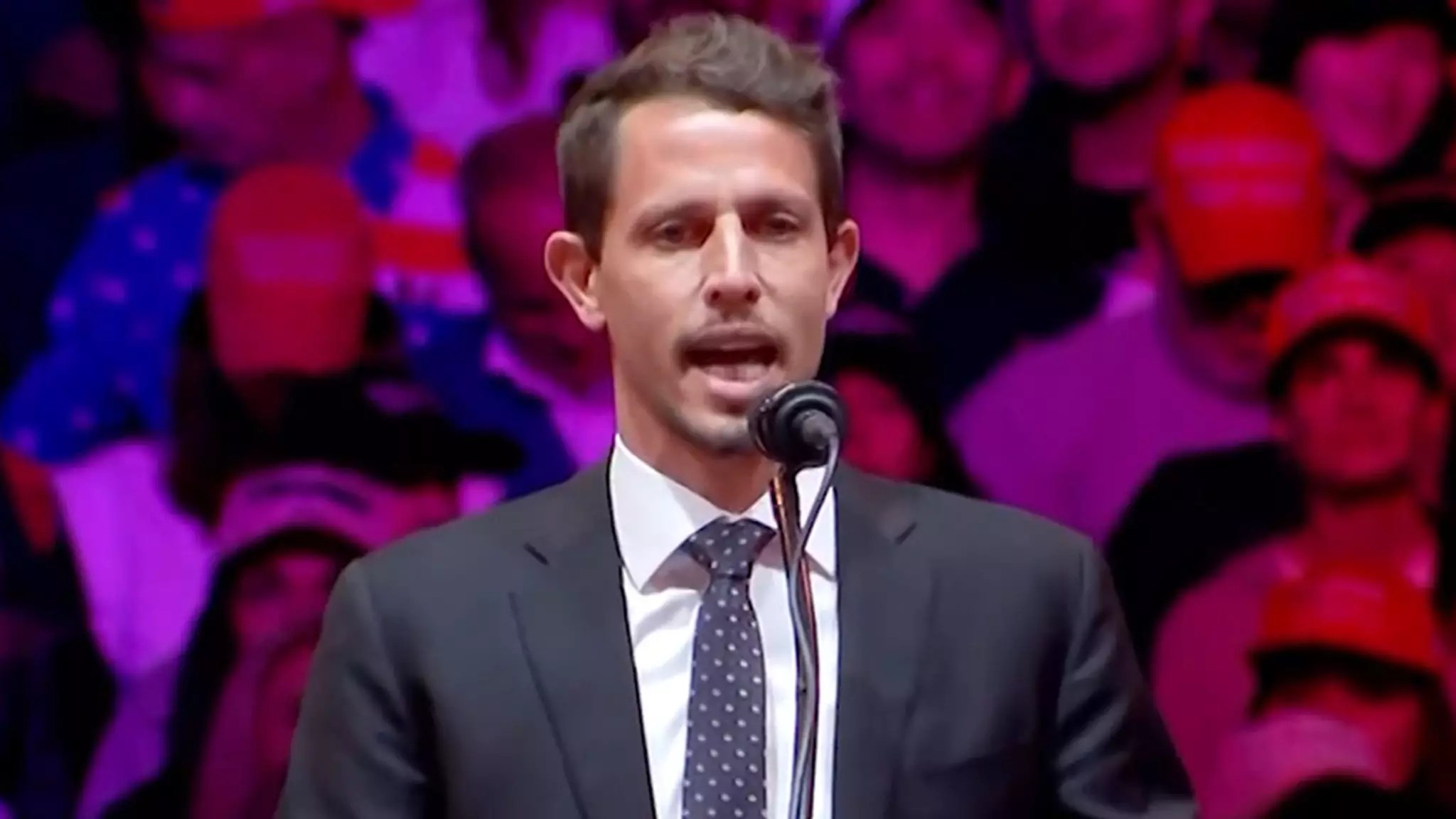Recently, comedian Tony Hinchcliffe found himself in a whirlwind of criticism following his performance at a Donald Trump rally in Madison Square Garden. Known for his edgy humor, Hinchcliffe delivered a series of jokes that ranged from provocative to politically charged. However, one particular joke raised eyebrows and stirred backlash, leading to discussions about the role of humor in addressing sensitive social issues.
Audience reactions during the set showcased an uncomfortable atmosphere when Hinchcliffe made an off-color remark regarding Puerto Rico, likening it to a “floating island of garbage.” This comment proved divisive, prompting mixed reactions from attendees and revealing the fine line comedians walk when attempting to blend satire with sensitive topics. The response from the audience seemed to vacillate between shock and disbelief, illuminating how humor can sometimes falter when dealing with real-world issues.
As news of the joke spread, numerous public figures took to social media or other platforms to voice their discontent. Notably, Tim Walz, the Democratic candidate for Vice President and Governor of Minnesota, articulated the indignation felt by many, emphasizing that Puerto Ricans are American citizens deserving of dignity and respect. Alexandria Ocasio-Cortez, in a live Twitch stream, echoed Walz’s sentiments, criticizing the insensitivity of Hinchcliffe’s remarks.
The responses from such influential figures underscore the societal expectation that those in the public eye should exercise a degree of responsibility when addressing diverse cultural backgrounds. Hinchcliffe’s retort—that he is a comedian who often targets a wide array of people—highlights a frequent defense employed by stand-up artists. However, it raises the question of whether the pursuit of humor justifies crossing into harmful territory.
This incident not only places Hinchcliffe in the hot seat but also sparks a larger discourse about comedy’s role in contemporary society. Comedians are often celebrated for their ability to provoke thought and challenge norms, yet the boundary between humor and offensive content remains nebulous. As demonstrated by the backlash Hinchcliffe faced, the audience’s receptiveness to edgy jokes is greatly affected by current social climates, particularly concerning marginalized communities.
In a media landscape increasingly shaped by social consciousness, comedians may need to navigate a new framework of accountability. With celebrities such as Ricky Martin and Bad Bunny voicing their outrage, it is evident that cultural sensitivity cannot be overlooked in the quest for humor. These responses reinforce that comedic commentary on serious issues can have significant repercussions, both for the joke-teller and the communities referenced.
Ultimately, Hinchcliffe’s experience serves as a crucial reminder for comedians and audiences alike. The balance between satire and respect for diverse communities necessitates reflection and dialogue. While comedy can shine a spotlight on uncomfortable truths, it is essential to ensure that the jokes being made do not perpetuate stereotypes or contribute to harm. Moving forward, it will be vital for comedians to cultivate a sense of awareness regarding the implications of their material, while audiences must engage in a constructive discourse to foster a more inclusive comedic landscape.







Leave a Reply